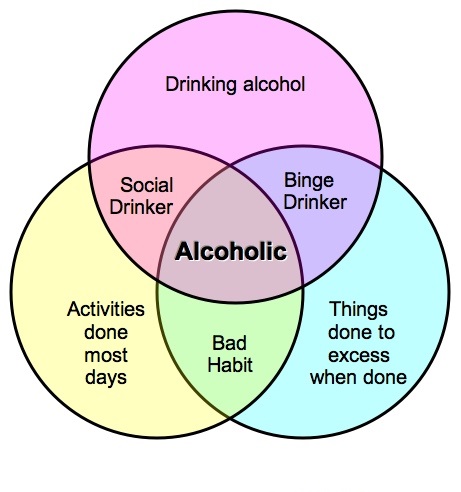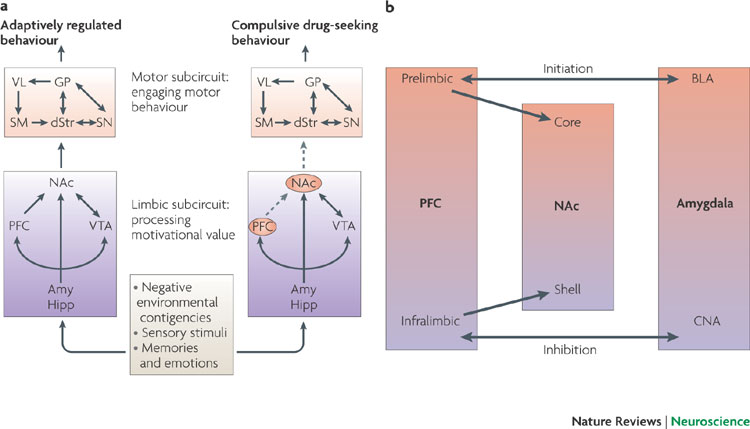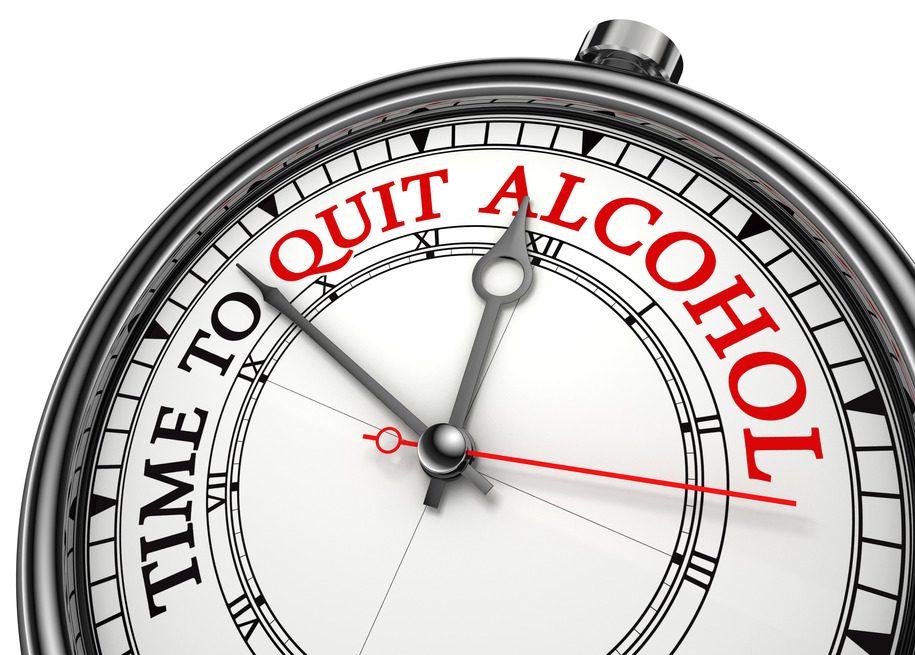Alcoholism associated dangers

Alcoholism associated dangers will remain a threat if timely action is not taken
Alcoholism associated dangers: How long does alcohol effects last?
We may not have the specific time frame for everybody since different people responds differently to alcohol, but we are certainly aware of all the alcoholism associated dangers. According to the experts at AWAREmed health and wellness resource center under the able leadership of doctor Dalal Akoury MD, the common understanding of the duration it takes will always depend on how fast one get drunk, and how long it will take them to get sober, while the variance will depend on the following:
- How much you drink meaning what quantity you consume.
- How quickly you drink. The speed with which you swallow your drinks.
- Your sex, gender counts the way men and women get affected is not the same.
- How tired you are
- Whether or not you have eaten before drinking, it is always bad drinking on an empty stomach this affects negatively.
- What drugs are in your body, when you’re taking alcohol alongside other drugs, you’re bringing in more complications to your life
- Your body type, the effects of alcohol in your body may be different from that person struggling with his or her weight.
The major problem with alcohol ordinarily depends on the quantity of alcohol you consume. You will not be affected by the type of drink you take, whether you drink beer, coolers, vodka, wine or liquor it is the quantity you take cumulatively that matters.
Alcoholism associated dangers: The dangers and the law
Besides the short-lived benefits of alcohol use, excess consumption will cause serious problems including hangover, headache, feeling sick generally, vomiting and shakiness. And away from these, alcohol consumption may also cause dangers in the following areas:
Pregnancy and breastfeeding: It is advisable that any woman who is planning to get pregnant or is already pregnant, should talk to her doctor about alcohol and other drugs promptly. This will help the upcoming mothers make the right decisions and prepare for the baby well. One fact that we should register in our minds about alcohol consumption is that there is no known safe level of drinking for a pregnant. A woman who drinks during pregnancy is more likely to have:
- A miscarriage
- To have the baby born prematurely
- To have the baby born dead
- To have other problems.
Alcohol consumption during pregnancy may cause the baby to be born with fetal alcohol spectrum disorder (FASD) that is to say, the baby may have physical abnormalities, behavior problems, and other difficulties. And if a woman is breastfeeding, alcohol can be passed to her baby through the mammary gland milk which may have an adverse effect on the baby’s feeding, its sleep and the general development of the baby.
Finally, alcohol is very dangerous and addictive. If you or anybody you know is struggling with alcohol scheduling an appointment with doctor Dalal Akoury a veteran addiction expert for many decades to help you professionally in overcoming any difficulties you may be facing in this journey of recovering from your addiction problems effectively.
Alcoholism associated dangers: How long does alcohol effects last?
http://regenerativepotential.com/wp-admin







